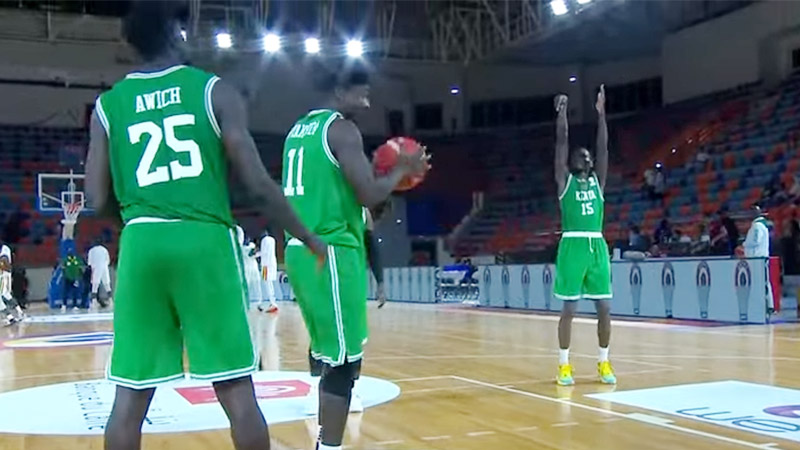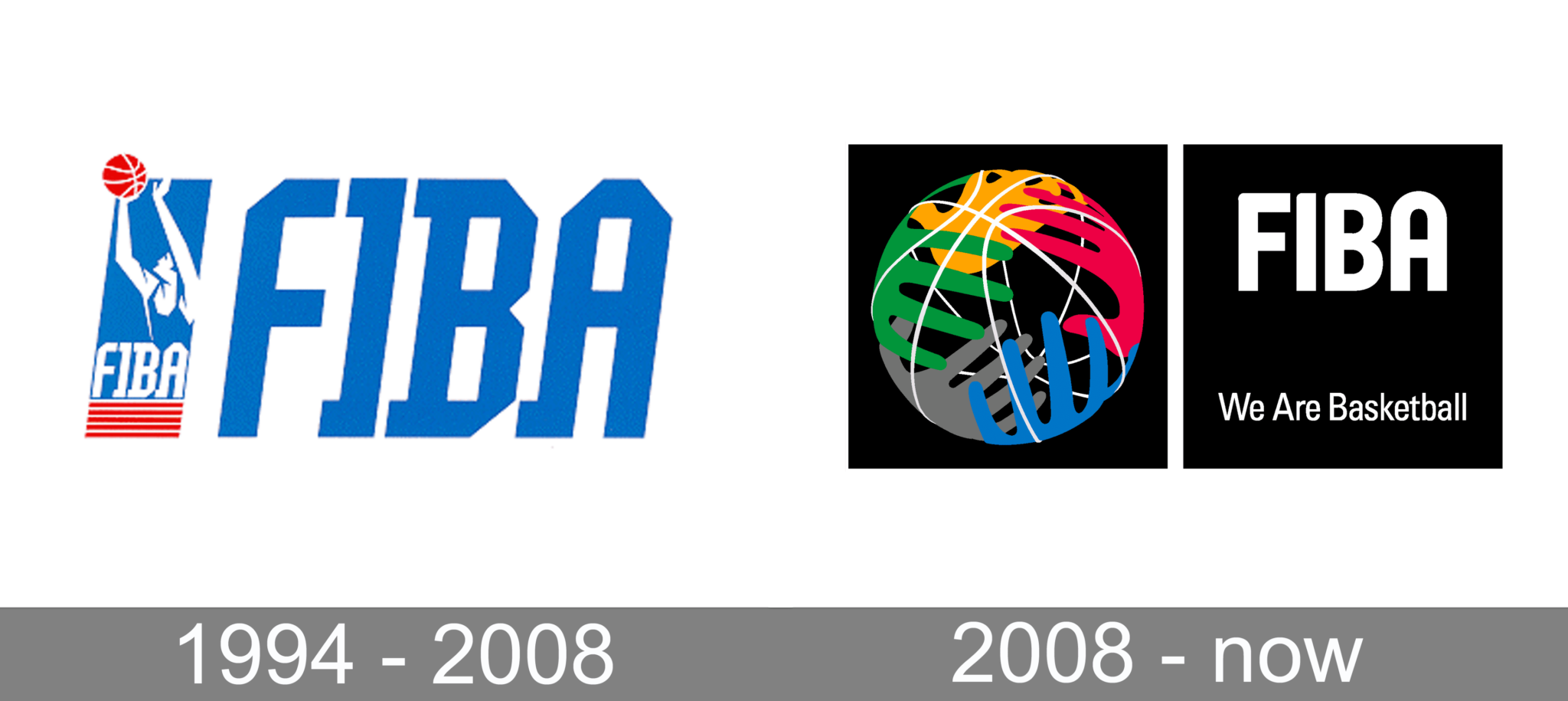FIBA Basketball

FIBA basketball is a worldwide phenomenon that brings together people from all walks of life. It’s a sport that requires skill, strategy, and teamwork, and it’s enjoyed by millions of fans around the globe.
History and Evolution of FIBA Basketball
The International Basketball Federation (FIBA) was founded in 1932 in Geneva, Switzerland. FIBA is the international governing body for basketball, and it’s responsible for organizing and regulating the sport worldwide. The early years of FIBA basketball were dominated by teams from Europe and South America, but the sport quickly gained popularity in other parts of the world, including North America, Asia, and Africa.
Rules and Regulations of FIBA Basketball
FIBA basketball follows a set of rules and regulations that are designed to ensure fair play and a competitive environment. Here are some of the key rules:
- A FIBA basketball game is played between two teams of five players each. The objective of the game is to score more points than the opposing team by shooting the ball through a hoop.
- The game is played on a rectangular court with a hoop at each end. The court is divided into two halves by a center line.
- Players can score points by making a shot from inside or outside the three-point line.
- Foul penalties are given to players who commit violations such as illegal contact or unsportsmanlike conduct.
- The game is played in four quarters of 10 minutes each, with a halftime break of 15 minutes.
- The team with the most points at the end of the game wins.
Levels of Competition in FIBA Basketball
FIBA basketball is played at all levels, from grassroots to professional. Here’s a breakdown of the different levels of competition:
- Grassroots basketball: This is the entry level for basketball, where young players learn the basics of the game. Grassroots basketball is typically organized by schools, community centers, and youth leagues.
- Amateur basketball: This level of competition is for players who are not professional athletes. Amateur basketball is typically played in leagues and tournaments that are organized by national federations or other organizations.
- Professional basketball: This is the highest level of competition in FIBA basketball. Professional basketball leagues are found in many countries around the world, including the NBA in the United States, the EuroLeague in Europe, and the CBA in China.
Major FIBA Tournaments, Fiba basketball
FIBA organizes several major tournaments throughout the year, including:
- FIBA Basketball World Cup: This is the most prestigious tournament in FIBA basketball, with the top national teams from around the world competing for the title. The tournament is held every four years, with the most recent edition taking place in 2023 in the Philippines, Japan, and Indonesia. The United States has been the most successful team in the history of the tournament, having won five titles.
- FIBA Women’s Basketball World Cup: This tournament is the equivalent of the FIBA Basketball World Cup for women’s basketball. The tournament is held every four years, with the most recent edition taking place in 2022 in Australia. The United States has also been the most successful team in this tournament, having won eleven titles.
Key Players and Teams in FIBA Basketball

FIBA basketball is a global phenomenon, with intense competition and a rich history. The sport boasts a diverse range of talented players and teams, each with their unique playing styles and strategies. Let’s dive into the world of FIBA basketball, exploring the top players and teams that have shaped the sport’s landscape.
Top National Teams and Recent Performance
The FIBA Basketball World Cup is the premier international basketball tournament, where the world’s best national teams compete for the title. The United States, Spain, and Argentina are considered the most dominant teams in recent years.
The United States has been a force to be reckoned with, winning the last three World Cups. Their roster is typically comprised of NBA superstars, who bring a high level of skill and athleticism to the court. Spain has also been a consistent contender, winning the 2006 World Cup and finishing as runners-up in 2014. Their team is known for its tactical brilliance and strong team chemistry. Argentina, led by the legendary Manu Ginobili, won the 2004 World Cup and has consistently performed well on the international stage.
| Rank | Team | Recent Achievements |
|---|---|---|
| 1 | United States | 2010, 2014, 2019 World Cup Champions |
| 2 | Spain | 2006 World Cup Champions, 2014 World Cup Runners-up |
| 3 | Argentina | 2004 World Cup Champions |
| 4 | Serbia | 2014 World Cup Runners-up |
| 5 | France | 2019 World Cup Bronze Medalists |
| 6 | Australia | 2019 World Cup Fourth Place |
| 7 | Greece | 2006 World Cup Bronze Medalists |
| 8 | Slovenia | 2017 EuroBasket Champions |
| 9 | Lithuania | 2010 World Cup Bronze Medalists |
| 10 | Turkey | 2010 World Cup Fourth Place |
Top Players and their Impact
FIBA basketball has produced some of the greatest players in history, who have left an indelible mark on the sport.
Here are some of the top players who have dominated the international stage:
- LeBron James (USA): Widely regarded as one of the greatest basketball players of all time, James has been a dominant force for the United States national team, winning two Olympic gold medals and a World Cup title. His exceptional all-around skills, including scoring, rebounding, and playmaking, make him a nightmare for opposing defenses.
- Pau Gasol (Spain): A two-time NBA champion, Gasol is a legend in Spanish basketball. He has led Spain to numerous international titles, including the 2006 World Cup. His versatility, scoring prowess, and rebounding skills have made him a crucial asset for his team.
- Manu Ginobili (Argentina): A four-time NBA champion with the San Antonio Spurs, Ginobili is considered one of the greatest international players ever. His exceptional ball-handling, scoring ability, and playmaking skills have helped Argentina achieve great success on the international stage. His leadership and competitive spirit have inspired generations of Argentinian players.
- Giannis Antetokounmpo (Greece): A two-time NBA MVP, Antetokounmpo is a force to be reckoned with on the court. He has led Greece to numerous international tournaments, showcasing his exceptional athleticism, scoring ability, and defensive prowess. His impact on the game is undeniable.
- Luka Doncic (Slovenia): A rising star in the NBA, Doncic is already a dominant force on the international stage. He led Slovenia to the 2017 EuroBasket title and has shown his ability to take over games with his exceptional ball-handling, scoring, and playmaking skills. Doncic is expected to be a major force in FIBA basketball for years to come.
Strategies and Playing Styles
Teams in FIBA basketball employ a wide range of strategies and playing styles, depending on their roster, strengths, and weaknesses.
- United States: The United States typically employs a fast-paced, high-scoring offense, relying on their individual talent and athleticism. Their defense is aggressive and aims to disrupt the flow of the game.
- Spain: Spain is known for its tactical brilliance and team chemistry. They prioritize ball movement and passing, creating high-percentage scoring opportunities. Their defense is disciplined and focuses on limiting opponent’s scoring opportunities.
- Argentina: Argentina has a strong emphasis on team play and ball movement. Their offense is predicated on creating open shots and exploiting mismatches. Their defense is known for its intensity and ability to disrupt the opponent’s rhythm.
The Future of FIBA Basketball

The future of FIBA basketball is full of possibilities, with both exciting opportunities and challenges on the horizon. FIBA basketball is constantly evolving, and its future will be shaped by factors such as technological advancements, globalization, and the changing demographics of basketball fans.
Technological Advancements in FIBA Basketball
Technological advancements are already having a significant impact on FIBA basketball, and this trend is only expected to accelerate in the coming years. These advancements are transforming the way the game is played, coached, and consumed by fans.
- Data Analytics: Data analytics is becoming increasingly important in basketball, and FIBA is no exception. Teams are using data to analyze player performance, identify trends, and make more informed decisions about strategy and player development. This is helping coaches and players make more strategic decisions, optimize training regimens, and identify areas for improvement. For example, coaches can use data to analyze player movement and shot selection, allowing them to make adjustments during games and create more effective game plans.
- Virtual Reality (VR) and Augmented Reality (AR): VR and AR technologies are being used to enhance the training experience for players and coaches. VR allows players to experience realistic game scenarios, improving their decision-making and reaction time. AR can be used to overlay data and insights onto the court, providing coaches and players with real-time information. VR and AR technologies can create immersive training environments, simulating real-game situations and providing valuable feedback to players. For example, VR can be used to simulate free throw situations, helping players develop their mental focus and improve their accuracy.
- Broadcasting and Streaming: Advances in broadcasting and streaming technology are making it easier for fans to watch FIBA basketball games from around the world. This is increasing the global reach of the sport and helping to grow its fanbase. Live streaming platforms and high-definition broadcasts allow fans to experience the excitement of FIBA basketball from anywhere in the world, enhancing their engagement with the sport.
FIBA basketball, with its global reach and diverse styles of play, often showcases captivating rivalries. One such rivalry, highlighted by intense competition and strategic brilliance, is the USA vs. Serbia matchup, as seen in usa vs serbia basketball highlights.
These clashes not only offer a glimpse into the evolving landscape of international basketball but also serve as a testament to the enduring appeal of this sport on a global stage.
FIBA basketball, with its intricate dance of strategy and athleticism, offers a captivating spectacle for fans worldwide. The intensity of the game, the thrill of victory, and the agony of defeat are all woven into the fabric of this sport.
For those seeking to immerse themselves in the global basketball stage, a olympics basketball live stream free provides an opportunity to witness the best athletes in the world compete for Olympic glory. The Olympics, with its rich history and international participation, serves as a pinnacle of competition, drawing upon the skills and dedication honed in countless FIBA tournaments and leagues.
